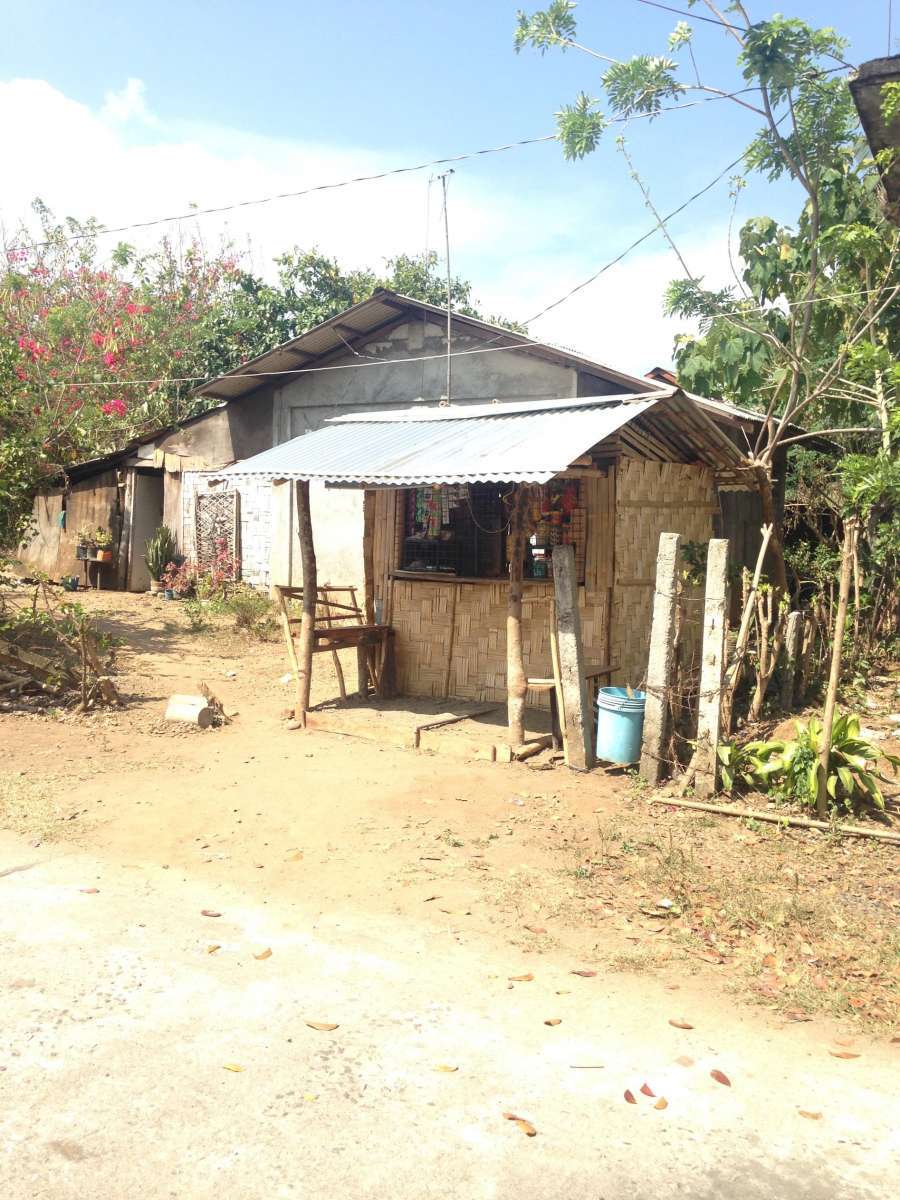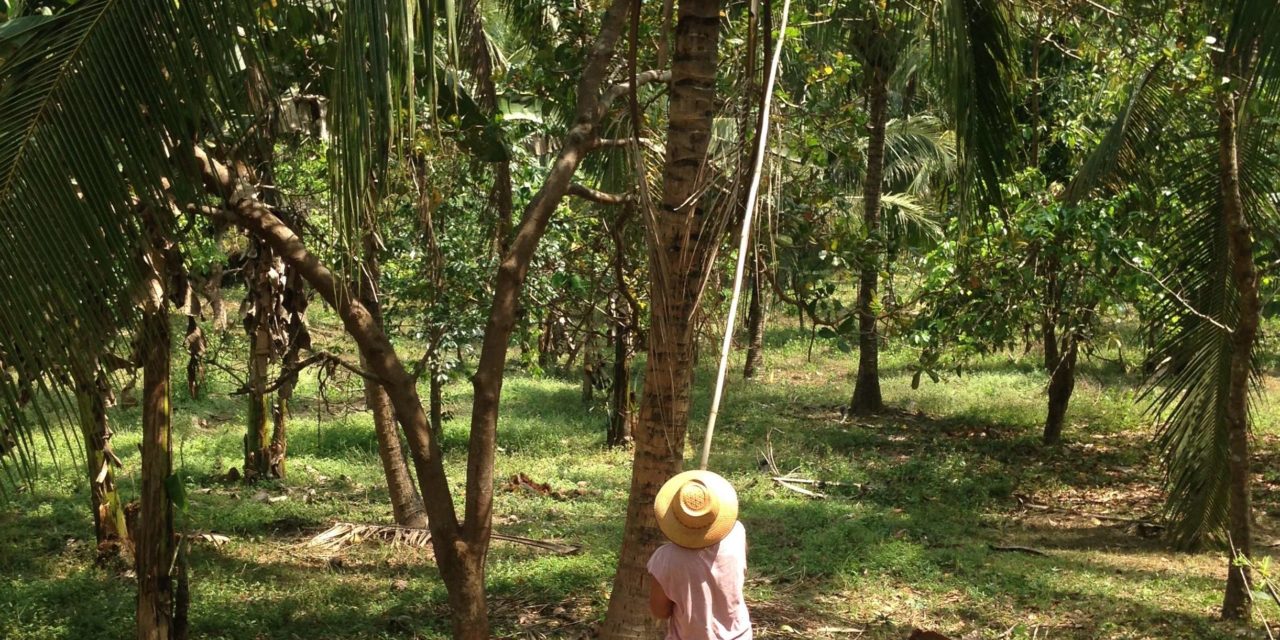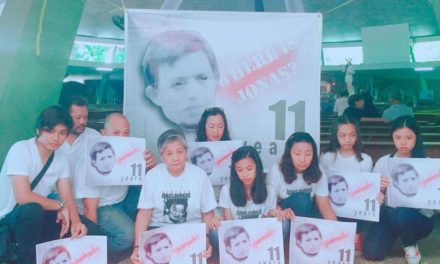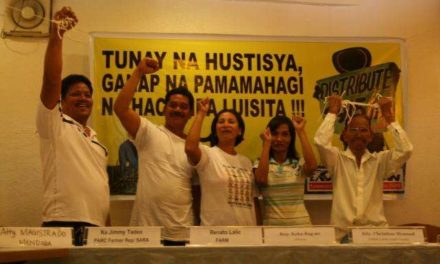By Analie Gepulani Neiteler*
We arrived late that afternoon on 14th March 2017, in Sumalo, a small village of 400 households and a thousand or so residents, in Bataan province, north of Metro Manila. It was only a three-hour bus ride from the city and the sun had not set when we got there. The sky was a reddish purple. Was it not for a serious cause, it would feel like a typical visit to the family in the province – a get-away from Manila. But you would have to follow the people into their backyard to get a glimpse of their real situation—of their ongoing struggle.
At first glance, Sumalo appeared to be just like any ordinary barangay. The main social-economic activity happened through a sari-sari store where households sell sweets, snacks, and even some rice produce to earn a little by the side while people are served without paying for an extra ride to get to the nearest palengke (market). Halu-halo—a local summer delicacy of fruits and sweets in mixture of crushed ice and milk—is also sold on the streets, and people walking and working everywhere, gathered around the vendor to greet anyone and everyone, and stop for little chitchat. At sunset, one begins to hear out-of-tune videoke singing, which would last throughout the night.
 In the early morning, everyone was already up and busy with all sorts of stuff. Guests, like me, were not allowed to help, thus with nothing to do, I was able to practice some Tagalog and tried to explain what I was doing here. The people from Sumalo were all very curious and happy that I showed interest in speaking Tagalog. It was a very welcoming feeling for me, especially since in the city, I am mostly just seen as white and foreign; this perception usually makes it more difficult to be in tune with people.
In the early morning, everyone was already up and busy with all sorts of stuff. Guests, like me, were not allowed to help, thus with nothing to do, I was able to practice some Tagalog and tried to explain what I was doing here. The people from Sumalo were all very curious and happy that I showed interest in speaking Tagalog. It was a very welcoming feeling for me, especially since in the city, I am mostly just seen as white and foreign; this perception usually makes it more difficult to be in tune with people.
With the provincial life, I had associated carabaos (water buffalo) but I found out that Sumalo was not known for its rice fields and there was no such animal in sight. Instead, horses were used for farm work to conquer the hilly lands. On our way further into the countryside, we met one farmer riding the horse; upon seeing me and my colleagues from Focus, he swung down and had me seated in his place. We passed a shed in the middle of fields which was occupied by the indigenous peoples of the area. They were not around at that time and the place was empty. So we rested and cut some fresh buko for an early merienda.
For many generations, the farmer families took responsibility for the land. They cultivated and harvested it. Then the landlords decided to put up fences and “make use” of their right. In the meantime, the land would just turn into grassland of no further agricultural use. Now, the private guards of the landlords would harvest. So when I asked one of the farmers on who was the owner of the land we were passing through, he simply replied: “They own nothing. Only rights.” And his answer expressed a deep pain of loss looking at the willful waste of land.
Before we called it a day, I had to take part in the most typical tradition one can experience in the Philippines. I sang with a videoke and became one with all the other chants and sounds in the dark. Most of the videoke machines contained more than 2000 songs. And the unimportance of being in or out of tune was wonderful. What mattered was that we sang together.
*Ms Gepulani Neiteler is an intern in Focus-Philippines Office. She’s a student from Humboldt University in Berlin and worked with Focus from February to April 2017.










